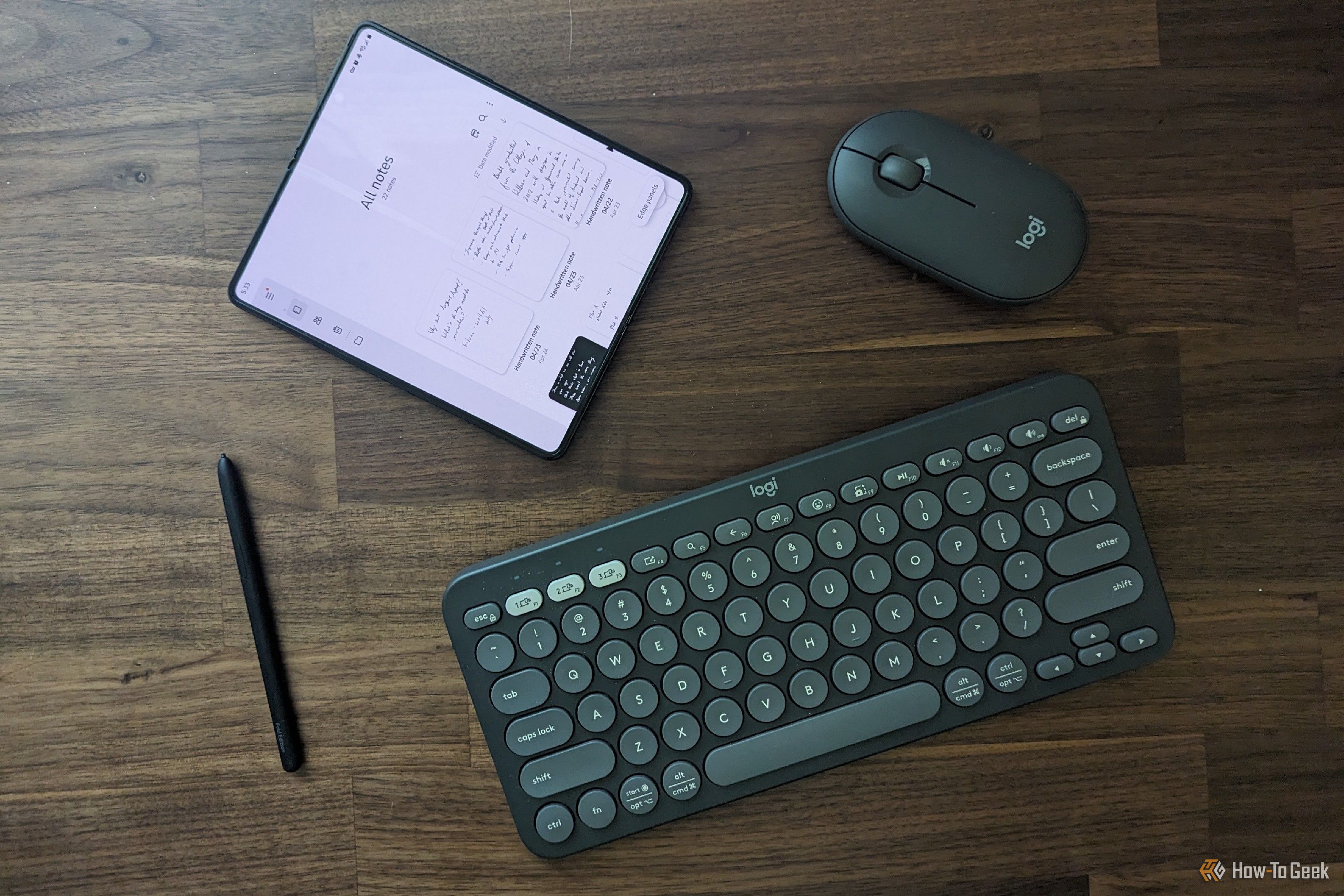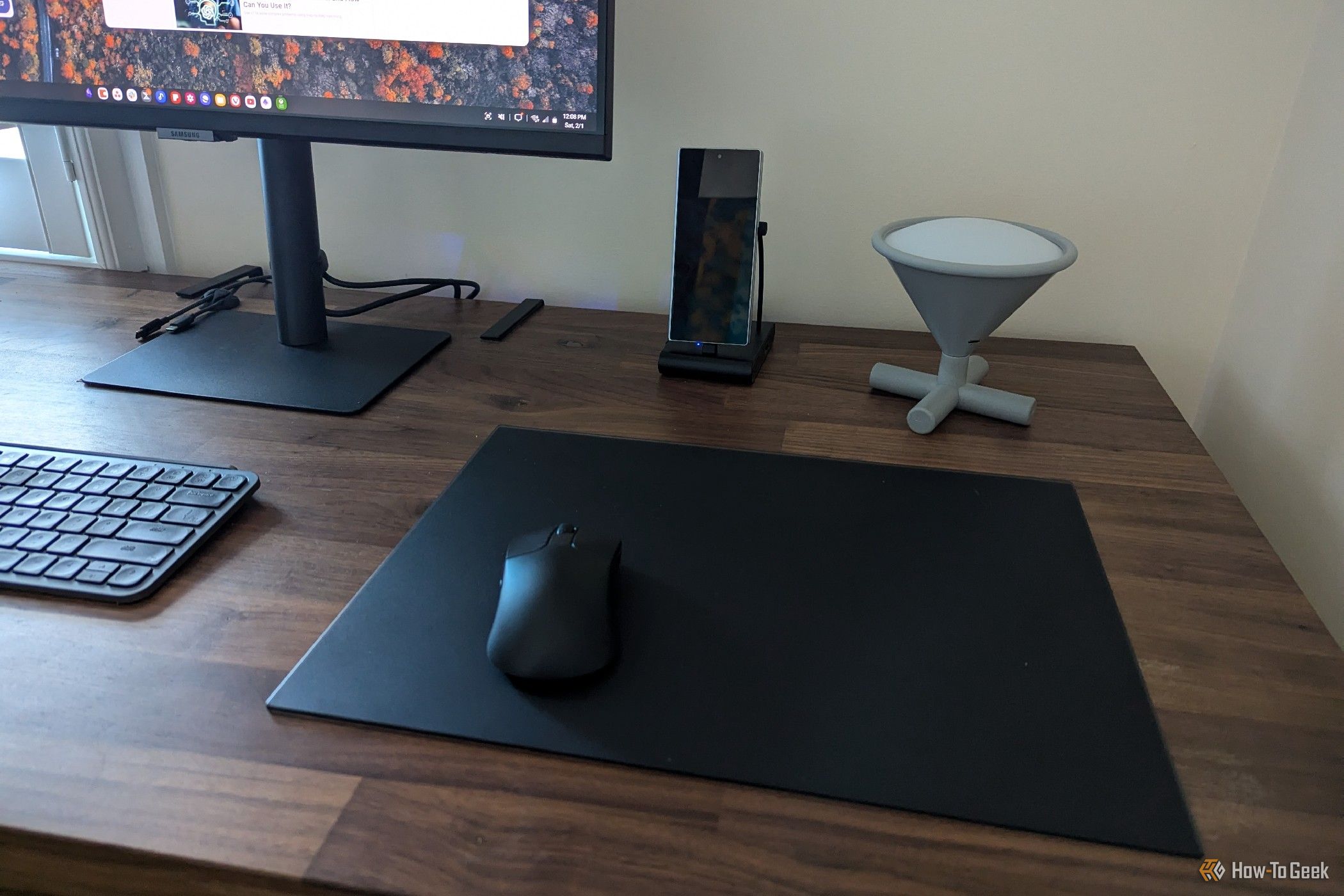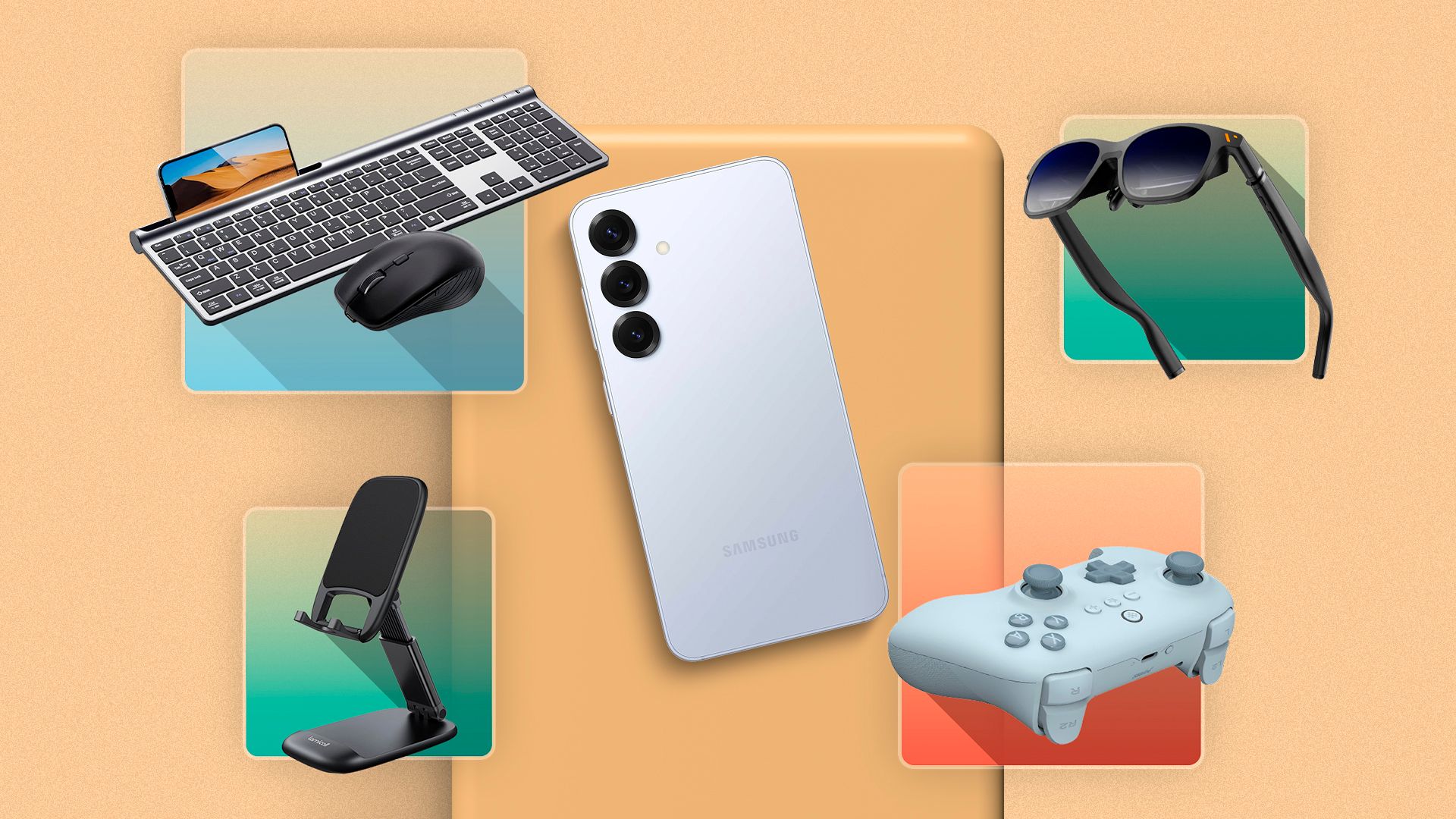Most of us know that phones are small computers, but we don’t of them that way. Thing is, a smartphone can do almost anything a laptop can do—so it makes sense to use them for similar work.
We Need to Change How We Talk About Phones
We speak of certain tasks as PC tasks and others as phone ones. It feels like we’re stuck in time, unable to change the way we think about the technology we’ve grown up using. Phones can make calls and provide an endless amount of entertainment, but work? That’s for PCs.
This ignores the reality of how millions of us already use our phones. In many parts of the world, a smartphone is the only type of computer a family has. Even in areas where PCs are commonplace, the truth of smartphone usage is hiding in plain sight.
Desktop-Type Apps Get Millions of Downloads
As a writer, I’ve searched the Play Store for all kinds of wiring apps. There’s JotterPad, Writer Journal, and Lite Writer, just to name a few. I’m writing these words on Obsidian.
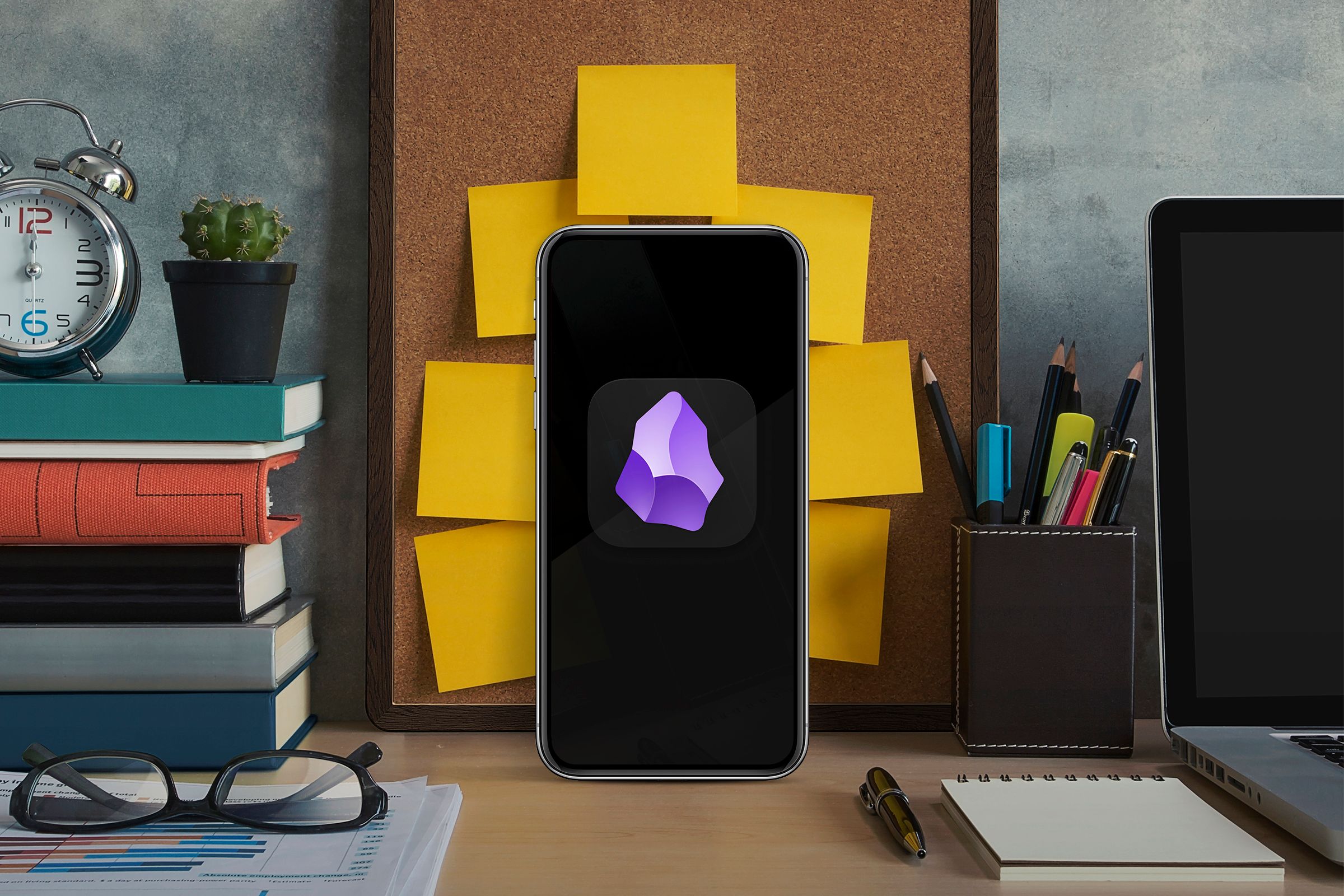
Related
This Is the Best Markdown and Note-Taking App You’ve Never Heard Of
Great for anyone who writes on their phone.
The fact that there are so many options, each with thousands, sometimes millions of downloads, shows that many people are writing on their phones. Writing is something assumed to require a keyboard and be better at a PC. Do some people pair a Bluetooth keyboard to their phone to use these apps? Undoubtedly, but you can bet that isn’t how most people use them most of the time.
Keep searching, and you can find full office suites, photo editors, and video editors. All of these are considered desktop tasks, and yet here the apps are, amassing millions of downloads. People are clearly using their phones to create. Some of these downloads are for tablets, but the size of Android’s tablet market suggests that most aren’t.
Processing Power Is No Longer a Limitation
We can have increasingly powerful apps in part because we have increasingly powerful phones. My current phone, with its Snapdragon 8 Gen 3 processor, is more powerful than several of my most recent laptops. It’s powerful enough to easily handle an external monitor.
Even if you’re carrying around a budget phone, there’s a good chance it provides a better experience than a budget PC.
Desktop GPUs are staggeringly expensive. Many of us can get faster video rendering out of the mobile GPU in our phones than the integrated graphics on our laptop. This is particularly true if our main PC is a Chromebook. My phone is much faster at rendering thumbnails and scrolling through my photo gallery than my laptops were.
Many people who cover or enthusiastically follow tech have powerful desktops and desktop-class laptops that phones can’t yet match, but this is far outside the mainstream. Most people simply don’t have that kind of processing power at home. What we do have, our phones can often outperform.
Android’s Interface Is Becoming More Desktop-Like
When you expand Android out to a larger screen, it increasingly looks like a desktop PC. Foldable phones and tablets come with taskbars and docks. They have file managers and other apps that look more like their PC counterparts. We also gain the ability to shrink apps into floating windows, move them around, and resize them as though we were using a Windows or Mac machine.
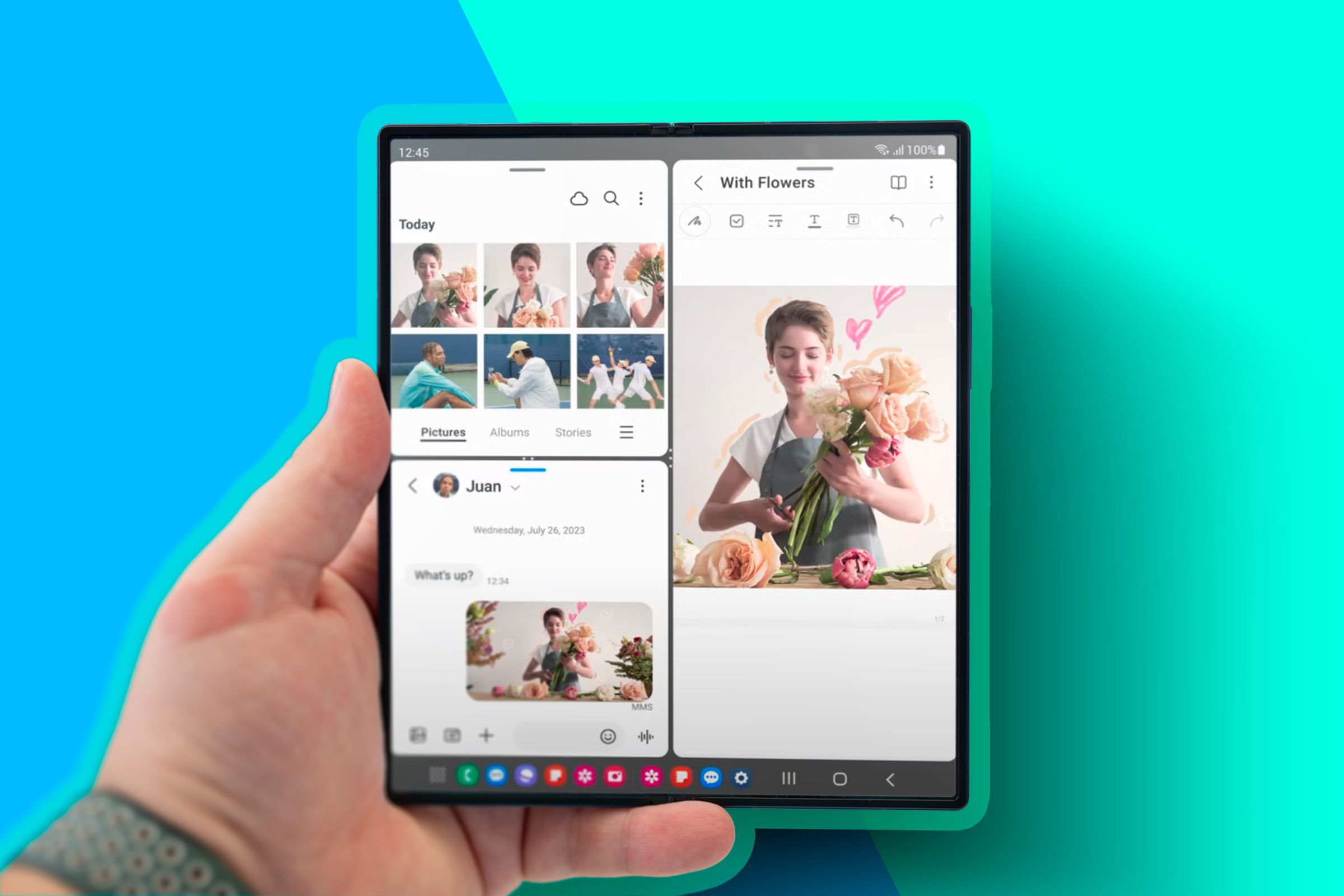
Related
More Android devices are even explicitly becoming PCs. Premium Galaxy phones have long come with a desktop mode called Samsung DeX, which appears when you connect your phone to an external display. This can be a monitor, TV, or even AR glasses! Motorola has a similar feature known as Smart Connect. Google is now working on baking a desktop mode directly into Android.
Phones Are the PCs Society Expects Us to Have
By the time I was in high school, it was gradually expected that people had a desktop computer at home. Teachers assumed we could look up information, type papers, and print.
Now the expectation is that we have a phone. It’s assumed we can download apps, activate navigation, scan QR codes, and make mobile payments. The world is less set up on the assumption that we have a laptop and is now built around the phone instead. If you only have the money to purchase one, the phone is the more necessary investment. If you go with only the laptop, you can get a newspaper article written up on how novel you are.
A phone can do all the essentials we one needed a conventional PC for. It’s easier if you have a phone that unfolds into something bigger, but even without, all you need are the right accessories.
What kind of form-factor do you work best in? For a desktop experience, you can buy a desktop PC, or you can drop your pocket computer on a dock connected to a monitor. Instead of a laptop, a wireless lapdock might be all you need. A foldable pocket computer may be a large enough tablet to do what you want. There are many ways now to make a PC. A traditional PC is only one of them.


